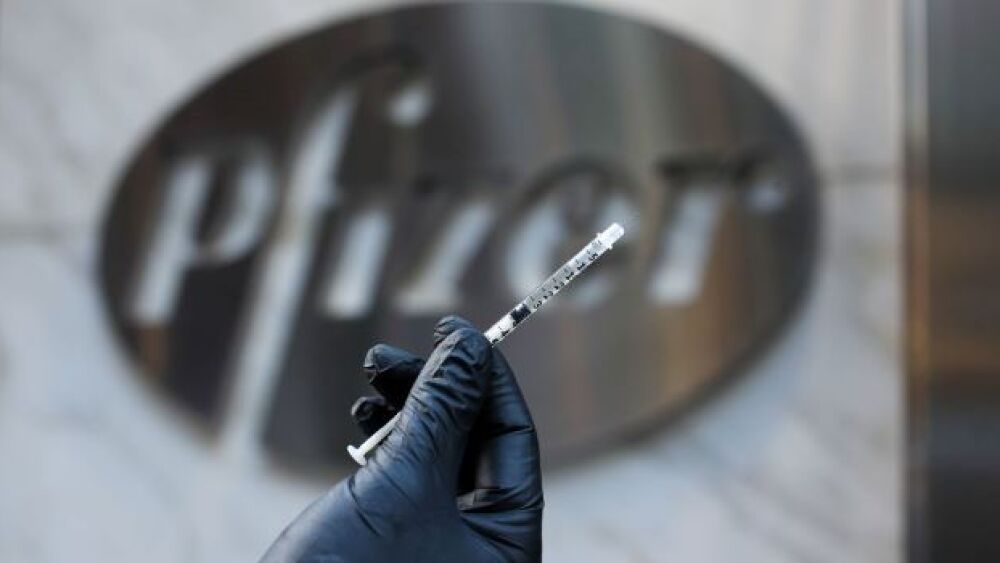Pfizer and BioNTech will submit updated data to the FDA to support the Emergency Use Authorization (EUA) of COVID-19 vaccination boosters in children between the age of 5 and 11.
Courtesy of Tayfun Coskun/Anadolu Agency via Getty Images
Pfizer and BioNTech will submit updated data to the U.S. Food and Drug Administration to support the Emergency Use Authorization (EUA) of their COVID-19 vaccination boosters in children between the age of 5 and 11.
The move comes amidst the rise of two new variants, omicron XE and subvariant BA.2. It is unknown how the variants will affect tentative returns to normalcy, but a 3-dose vaccination of all populations and age ranges could provide a much-needed safety net.
Data supporting the move stems from a Phase II/III clinical trial geared toward evaluating the safety, efficacy and tolerability of the third dose in children. One month following the 10-microgram third dose, a strong immune response was demonstrated in the 140 participants. To ensure relevancy, the study design included evaluating the vaccine’s ability to neutralize a recombinant SARS-CoV-2 virus featuring the omicron spike.
Efficacy was supported by a jump from 27 to 993 in the 50% neutralizing geometric mean titer (GMT) against the Omicron variant after three doses. The 50% neutralizing GMT increased six-fold against the wild-type SARS-COV-2 spike protein. Longitudinal studies will assess the duration of protection provided by three vaccinations.
This data underscores the previously established safety and efficacy seen in over 10,000 child participants of Pfizer’s COVID-19 vaccine clinical trials. A previous study included 4,500 Polish, American, Spanish and Finnish children between the ages of 6 months and 12 years. Two inoculations, representative of a child’s first vaccination against COVID-19, were given to the study’s control group 21 days apart. Phase I was a dose-escalation study using 10 microgram inoculations for patients aged 5 to 12, while Phase II and III involved administering a lower dosage of 3 micrograms to children under 5. The study will be continued by administering a third dose to each cohort.
The Pfizer-BioNTech vaccine for COVID-19 has already received FDA and EUA approval when given in a series of two doses in children over 5, with a third permitted for patients with compromised immune systems. Single boosters have been approved for patients over 12, and a second booster is approved for those over the age of 50 or those who have compromised immune systems. The latter would result in a four-dose series of vaccinations.
According to a statement released by Tedros Adhanom Ghebreyesus, the director-general of the World Health Organization (WHO), “the world is currently experiencing the lowest number of reported deaths in two years.” This news comes with a short precautionary statement regarding the unpredictable nature of the SARS-CoV-2 virus but is nonetheless a milestone to celebrate after two years of cyclical infection peaks.
Pfizer and BioNTech intend to update the European Medicines Agency (EMA) and global regulatory agencies to support the global vaccination effort.





